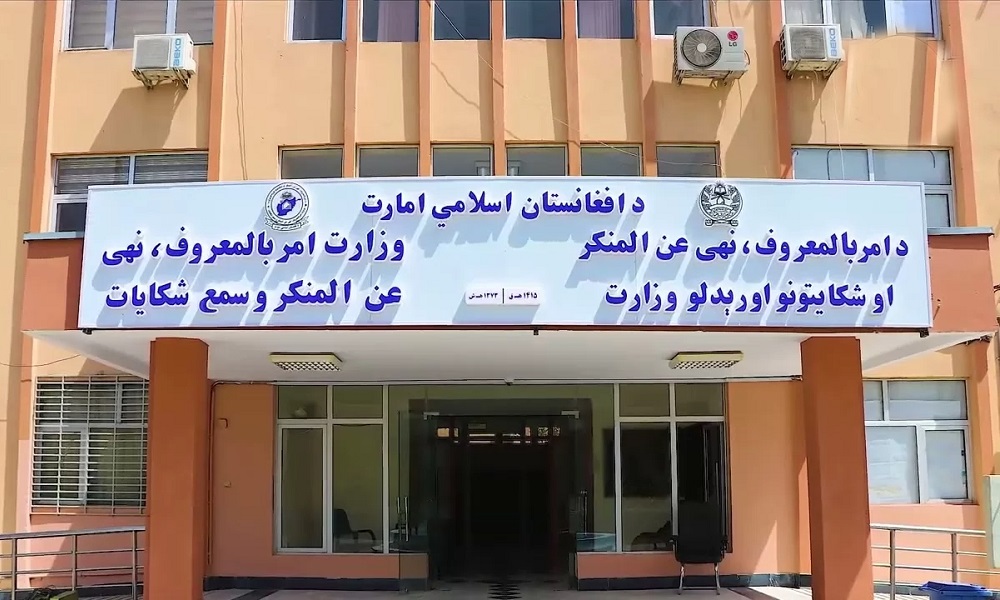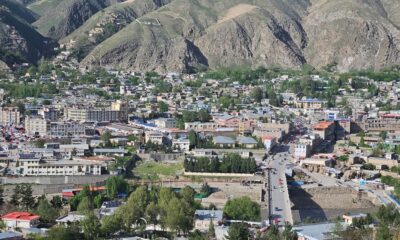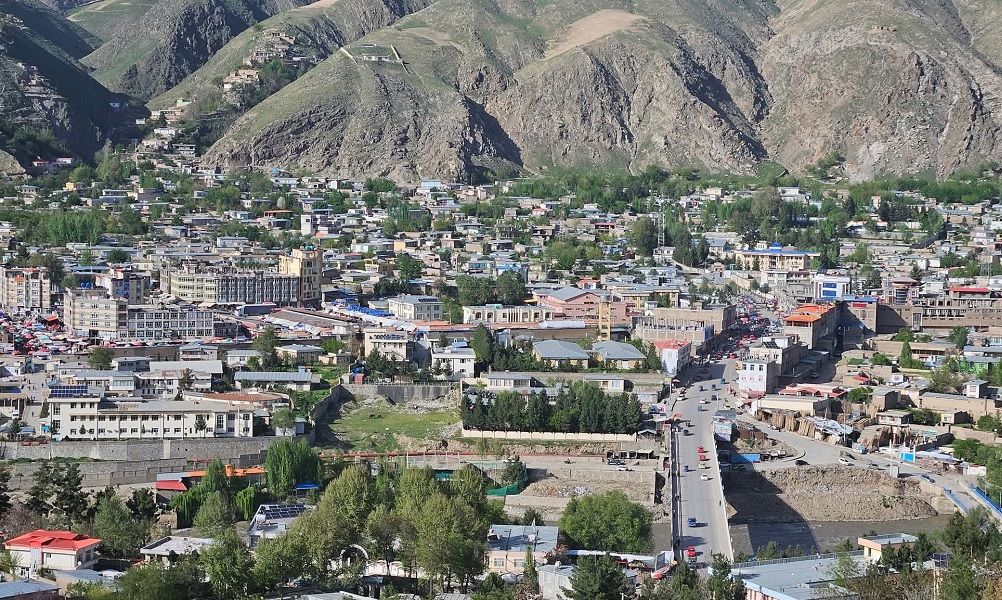Latest News
Afghan crisis a ‘culmination of poor decision-making’ by 3 administrations: Menendez

US Senator Bob Menendez, Chairman of the Senate Foreign Relations Committee, said on Wednesday the “tragic events of this past summer (in Afghanistan) were the culmination of poor decision-making by both Republican and Democratic administrations, going back to 2001”.
In a full Committee hearing entitled “Afghanistan 2001-2021: U.S. Policy Lessons Learned,” Menendez said only a full accounting of the situation will help the US avoid making the same mistakes in the future.
“We owe it to the American people. We owe it to our troops. We owe it to those in the public and non-profit sectors who dedicated years of their lives to improve Afghan democracy and governance. And we owe it to the people of Afghanistan – women and girls, religious and ethnic minorities – who are most affected by our departure,” he said.
According to Menendez, the United States struggled to enact a coherent strategy that would secure Afghan democracy and build strong governing institutions.
He said in his view a number of mistakes had been made.
First, the Bush Administration took its eye off the ball when it invaded Iraq, diverting desperately needed troops, equipment, and humanitarian assistance away from Afghanistan, he said.
“Those resources could have made a difference in preventing the resurgence of the Taliban (Islamic Emirate of Afghanistan) and building up Afghan governing institutions in their infancy.”
Second, the Obama Administration adopted a failed counterinsurgency strategy after taking office, he said.
“More than 33,000 troops were surged into Afghanistan but given an extremely short time frame, just 18 months, to prepare the Afghan government to take full control. That withdrawal date was repeatedly delayed as the weaknesses of Afghan institutions and security forces became all too clear” he said.
“Throughout the war, every administration also unfortunately bought into the fiction that Pakistan would be a partner in peace in Afghanistan. Instead, Islamabad played a double game, continuing to provide shelter to the Taliban (IEA) even as militants targeted and killed US troops,”
Third, the Trump Administration signed a surrender deal with the IEA “that set the stage for our precipitous withdrawal”.
“That deal was built on a set of lies, chief among them that the Taliban (IEA) would sever their connection with al-Qaeda,” he said adding that throughout the negotiations, the Trump administration excluded the Afghan government and kept secret the details of its agreement from the US’ closest allies.
“And finally, throughout the entire war, the executive branch failed to keep Congress adequately informed, particularly when the war was going poorly. Officials of both parties either misled or misrepresented the facts to Congress,” Menendez said.
According to him the executive branch told Congress that Afghan security forces could assume full responsibility for Afghanistan’s security; that the Afghan government was taking corruption seriously and gaining legitimacy in the provinces; and that regional actors like Pakistan were playing a helpful role with respect to the IEA.
Latest News
Over 365 women-related cases resolved in past month: Virtue Ministry

The Ministry for the Propagation of Virtue and Prevention of Vice (MPVPV) said in a statement that over the past month, it has handled 368 cases related to women’s religious rights.
According to the statement, the ministry also arrested 30 alleged sorcerers, resolved 175 cases of disputes and conflicts, held 743 meetings with traders, and conducted 1,304 reformative sessions with religious scholars and various segments of society.
Latest News
Five die as vehicle plunges into river in Badakhshan
Latest News
Moldova bans Afghan airlines over safety concerns

Moldova’s government has included Afghan airlines in its updated list of carriers banned or restricted from operating in the country, effective 19 February 2026, in line with EU aviation safety rules.
The order, signed by Deputy Prime Minister Vladimir Bolea, covers more than 200 airlines from around 20 countries, including Afghanistan, Russia, Iran, and North Korea. Most face a complete operating ban in Moldovan airspace and airports, while some have limited operational permissions, state news agency Moldpres reported.
The Civil Aviation Authority of Moldova will monitor compliance. The ban remains in place until Moldova joins the European Union.
-

 Latest News4 days ago
Latest News4 days agoIEA releases three Pakistani soldiers to mark Ramadan
-

 Latest News4 days ago
Latest News4 days agoAfghanistan’s Chief of Armed Forces underscores readiness and equipment for national defense
-

 Latest News3 days ago
Latest News3 days agoAfghanistan welcomes investment and technology partnerships with India
-

 Latest News4 days ago
Latest News4 days agoGrateful to Afghans and Ulama for obeying the Islamic Emirate, says Hibatullah Akhundzada
-

 Sport3 days ago
Sport3 days agoAfghan Peaks founder climbs Aconcagua to promote Afghanistan’s mountain potential
-

 Latest News2 days ago
Latest News2 days agoIndian customs seize Chinese walnuts falsely declared as Afghan
-

 Business3 days ago
Business3 days agoPakistan allows re-export of stranded Afghan transit cargo
-

 Business5 days ago
Business5 days agoAfghan delegation visits Belarus to strengthen economic and industrial ties























